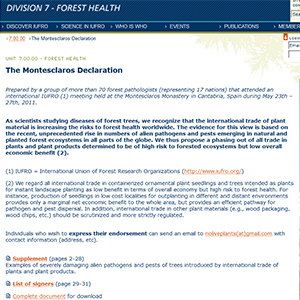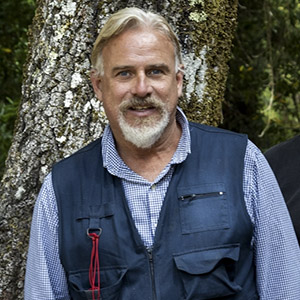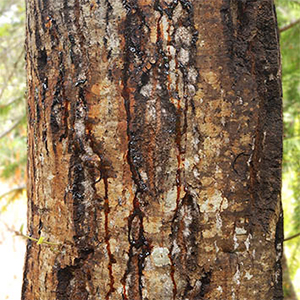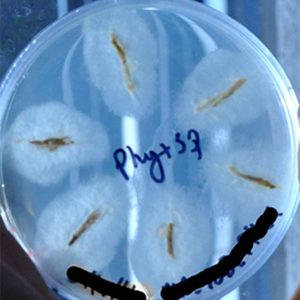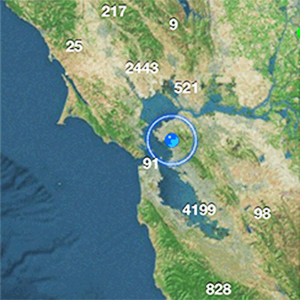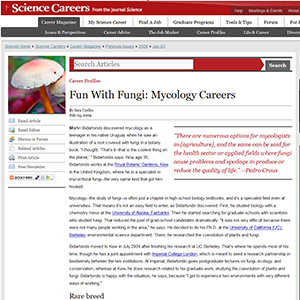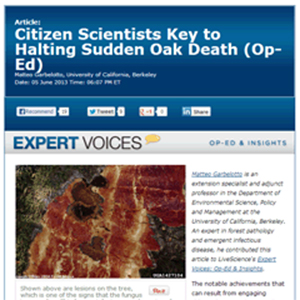UC Berkeley & the European Food Safety Authority
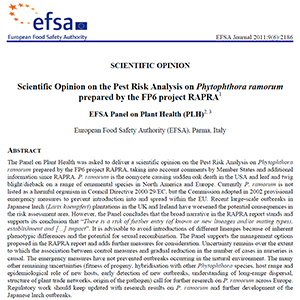
Parma , 9 June 2011 – Experts from around the world gather to discuss emerging risks in plant health More than 100 international experts gathered in Parma on 9-10 June for an open scientific debate on key issues related to the identification of emerging risks in plant health. The European Food Safety Authority’s 16th Scientific Colloquium attracted risk assessors, risk managers, scientists and stakeholders from 31 countries, including 19 EU Member States, 7 candidate countries, Canada, Georgia, Japan, Norway, and the United States.
The event was attended by representatives of prominent international organisations concerned with plant health such as the International Plant Protection Convention (IPPC), the European and Mediterranean Plant Protection Organisation (EPPO), and the Centre for Agricultural Bioscience International (CABI). Johannette Klapwijk, from the International Biocontrol Manufacturers’ Association (IBMA), gave a keynote presentation.
Representatives from important stakeholders, including the association of European farmers and agri-cooperatives (COPA-COGECA), also contributed to the discussions. Scientists from the European Commission’s Joint Research Centre as well as Commission officials were present.
The colloquium was held against the background of a global rise in the number of new pests and the emergence of pests not previously considered a threat to plant health in the EU. Meeting these challenges requires a rapid, robust system to identify risks as early as possible, and to communicate risk assessments to risk managers without delay. The theme of the colloquium was “a change can trigger a risk” and the presentations and discussions examined these triggers at various levels: from the micro level of plant-pest interactions, to the macro levels of crop cultivation, trade and climate change. Delegates formed discussion groups to debate key issues such as the implications of changes in forestry and agriculture practices; the importance of changing patterns in trade, food consumption and land use; and the relationship between climate change and new threats to plant health.
Elzbieta Ceglarska, the Head of EFSA’s Plant Health Unit, said: “The colloquium dealt with topics of significant importance for the development of EFSA’s work on emerging risks in plant health. The quality of the discussion was exceptional. “We have shed new light on how best to identify new risks through data collection, anticipate them through research, and analyse the implications through risk assessment. EFSA has come away with valuable material with which to further develop methodologies for assessing emerging risks in the area of plant health.”



